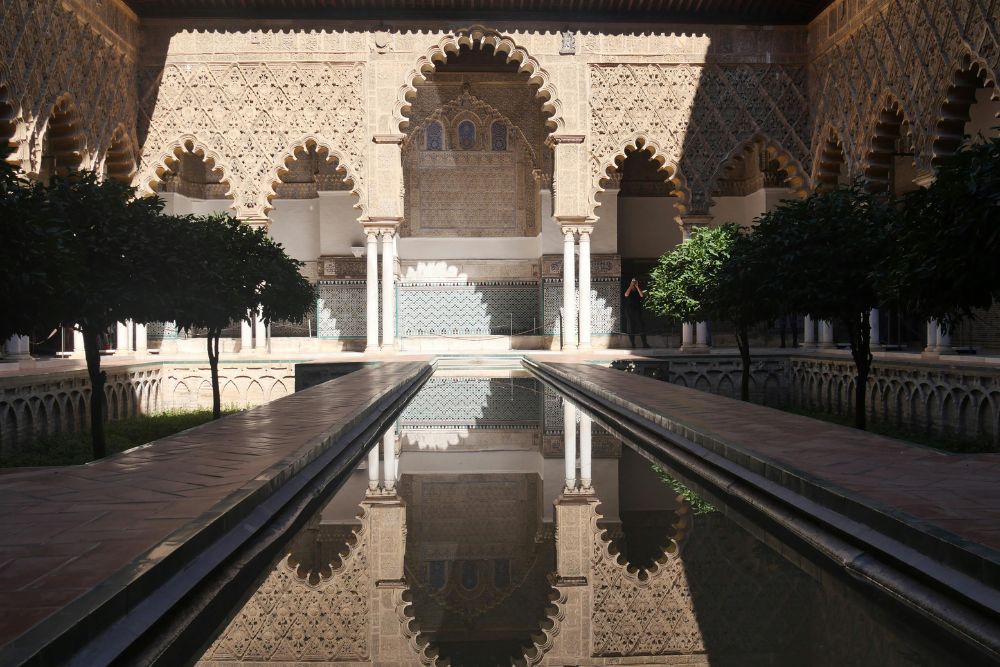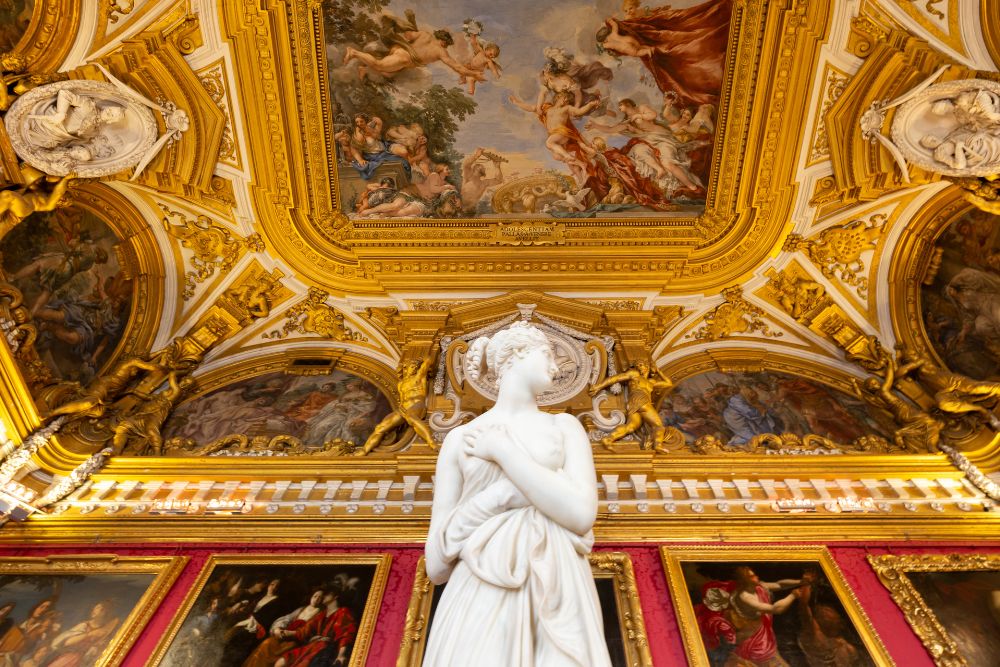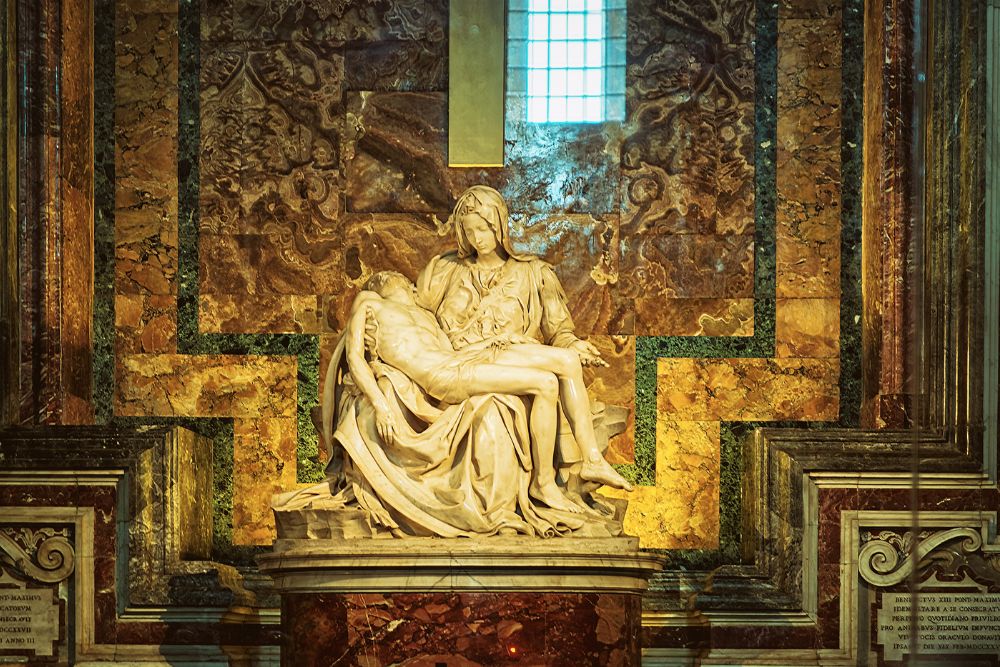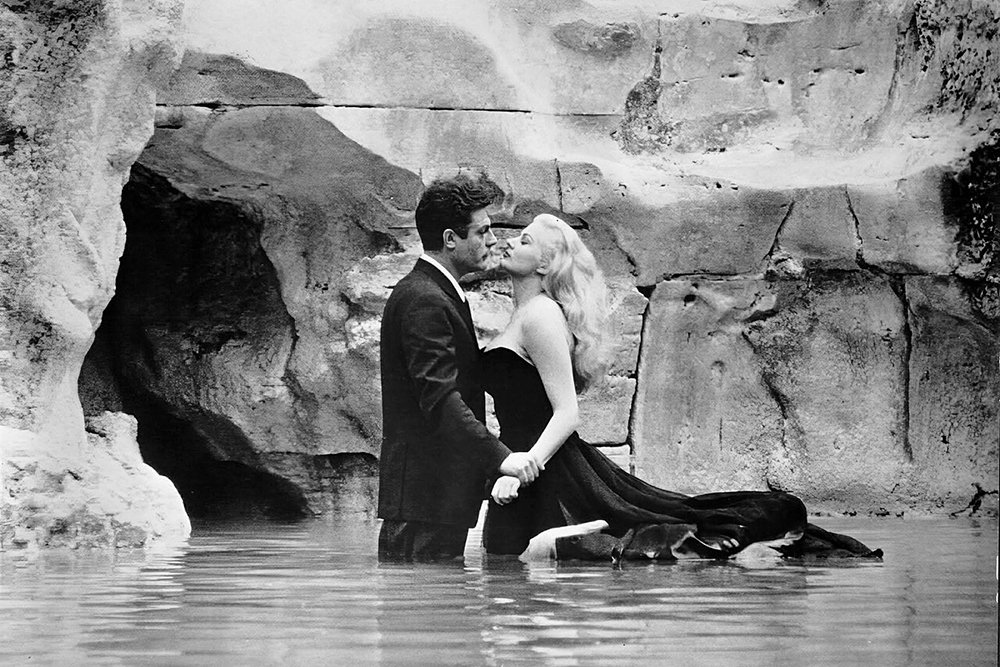
Cinema Paradiso
Cinema Paradiso, directed by Giuseppe Tornatore and released in 1988, is one of the most celebrated Italian films of the twentieth century. It is a masterpiece that intertwines memory, love and the transformative power of cinema itself, touching audiences worldwide with its beauty and humanity. The film won the Academy Award for Best Foreign Language Film and became an international cultural phenomenon.
At its heart, Cinema Paradiso is more than just a story about a boy growing up in Sicily. It is an exploration of how films shape our understanding of love, community and the passage of time. The story resonates far beyond Italy, reflecting universal themes of nostalgia, loss and the way art intertwines with personal memory.
The story of toto and alfredo
The narrative centers on Salvatore Di Vita, affectionately called Toto, who grows up in a small Sicilian village after World War II. Fascinated by the magic of film, Toto spends much of his time at the local cinema, Cinema Paradiso, where he befriends the projectionist Alfredo. Their relationship becomes the cornerstone of the story, reflecting a bond that is paternal, educational and deeply emotional.
Through Alfredo, Toto not only learns the technical skills of projection but also life lessons about dreams, sacrifice and the pursuit of passion. Their friendship is one of the most poignant aspects of the film, showing how love and mentorship can shape a young life and leave an imprint that endures forever.
The role of cinema as memory
Cinema Paradiso portrays cinema as more than entertainment, it is shown as a vessel of collective memory. For the villagers, the movie theater is the center of community life, a place where joy, sorrow, romance and laughter unfold together. Films become the backdrop against which people experience their own emotions and memories.
For Toto, the cinema is a sanctuary where he not only discovers his passion for filmmaking but also begins to understand love and loss. The projection of light on a screen mirrors the projection of memory in the human mind, reminding viewers how cinema preserves fragments of life that might otherwise fade with time.
Themes of love and nostalgia
At its core, Cinema Paradiso is a meditation on love, both romantic and platonic. Toto’s youthful romance with Elena is tender and heartbreaking, reflecting the fleeting nature of first love and the choices that shape destiny. Equally powerful is the love between Toto and Alfredo, which stands as one of the most moving portrayals of friendship in cinema.
The film is infused with nostalgia, particularly in its adult Toto sequences, where he reflects on his childhood with both longing and melancholy. This bittersweet quality gives the film its universal power, as nearly every viewer can relate to the tension between memory and the unstoppable passage of time.
Ennio morricone’s unforgettable score
A key element of the film’s emotional resonance is its music, composed by the legendary Ennio Morricone. The score of Cinema Paradiso is widely regarded as one of the most beautiful in film history, perfectly capturing the mixture of innocence, passion and sorrow that defines the narrative. The main theme has become iconic, instantly evoking the essence of the film.
Morricone’s music does more than accompany the story, it elevates it. Each note seems to embody memory itself, echoing the joys and heartbreaks of life. The score has ensured the film’s legacy, making it unforgettable not only visually but also musically for generations of viewers around the world.
Awards and international acclaim
Cinema Paradiso achieved extraordinary success upon release, winning the Academy Award for Best Foreign Language Film and the Grand Prix at the Cannes Film Festival. These accolades confirmed the film’s international impact, as audiences far from Sicily found themselves emotionally connected to its story. It became one of the highest-grossing foreign films of its era and helped renew global interest in Italian cinema.
Critics praised its artistry, its emotional power and its ability to blend simplicity with profound meaning. The film’s combination of personal storytelling, cultural specificity and universal themes of love and loss has made it a staple in world cinema, studied and admired in film schools and cultural institutions everywhere.
Cultural and historical significance
The film captures a period of Italian history marked by social change and postwar recovery, reflecting the role of cinema in shaping community life during the mid twentieth century. By showing the village gathered in one place to watch films, Cinema Paradiso becomes a time capsule of how cinema once functioned as a shared cultural experience before the age of streaming and personal screens.
On a broader level, the film speaks to anyone who has experienced the magic of cinema as a formative part of their life. It is about the collective act of dreaming together in a darkened theater, a practice that has connected people across generations and nations. This cultural significance ensures the film’s relevance in conversations about the history of storytelling and entertainment.
The director’s vision
Giuseppe Tornatore, the director, infused the film with deeply personal elements, drawing on his own upbringing in Sicily and his love for cinema. His direction balances intimate character moments with sweeping emotional arcs, allowing the story to flow between the small details of village life and the broader themes of memory and destiny. His vision transformed what could have been a local tale into a universal masterpiece.
Tornatore’s careful pacing, sensitive character development and integration of cinematic nostalgia reveal his understanding of how art can mirror life. Through Cinema Paradiso, he created not just a film but a meditation on the meaning of storytelling itself, offering viewers a mirror to reflect on their own lives and memories.
The famous final scene
Perhaps the most celebrated moment of Cinema Paradiso is its final scene, where Toto, now an adult filmmaker, watches a reel left to him by Alfredo. The reel contains all the film kisses and romantic scenes that had been censored from the movies shown in the village theater during his childhood. It is an overwhelming moment of beauty, loss and reconciliation with the past.
This final scene embodies the essence of the film, bringing together the themes of love, memory and cinema into a single unforgettable sequence. It has been described as one of the most moving endings in film history, capable of reducing even the most stoic viewers to tears. It serves as a perfect conclusion to a film about the timeless power of images and emotion.
Enduring legacy
Decades after its release, Cinema Paradiso continues to inspire filmmakers, audiences and scholars alike. It is shown in retrospectives, included in best film lists and cherished by those who see cinema not only as entertainment but as a profound human experience. Its themes of love, memory and artistic passion remain timeless, ensuring its place in cultural history.
For audiences around the world, the film is a reminder of how deeply art can shape our lives and connect us to our own past. It is more than a story of one boy and one village, it is a celebration of what it means to be human, to love, to lose and to remember. Cinema Paradiso endures as a gift from Italian cinema to the world.
Conclusion
Cinema Paradiso is a film that transcends boundaries, uniting viewers across cultures with its powerful story of childhood, mentorship and the enduring magic of cinema. It is not just a nostalgic look at the past, it is a meditation on memory, love and the timeless act of storytelling. Its blend of personal intimacy and universal meaning has made it one of the greatest films ever made.
For anyone who has ever been moved by a film, shared laughter in a theater or cherished the bittersweet power of memory, Cinema Paradiso remains essential viewing. It stands as a beacon of the beauty of cinema, reminding the world of the art form’s ability to shape lives and create eternal connections.







